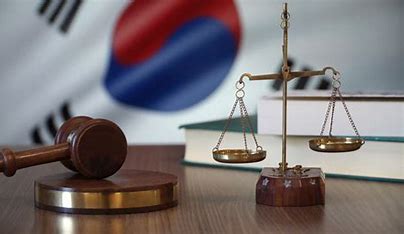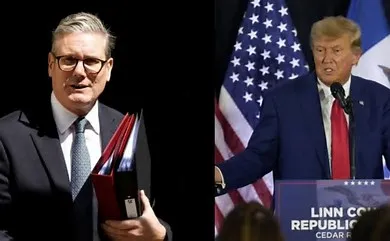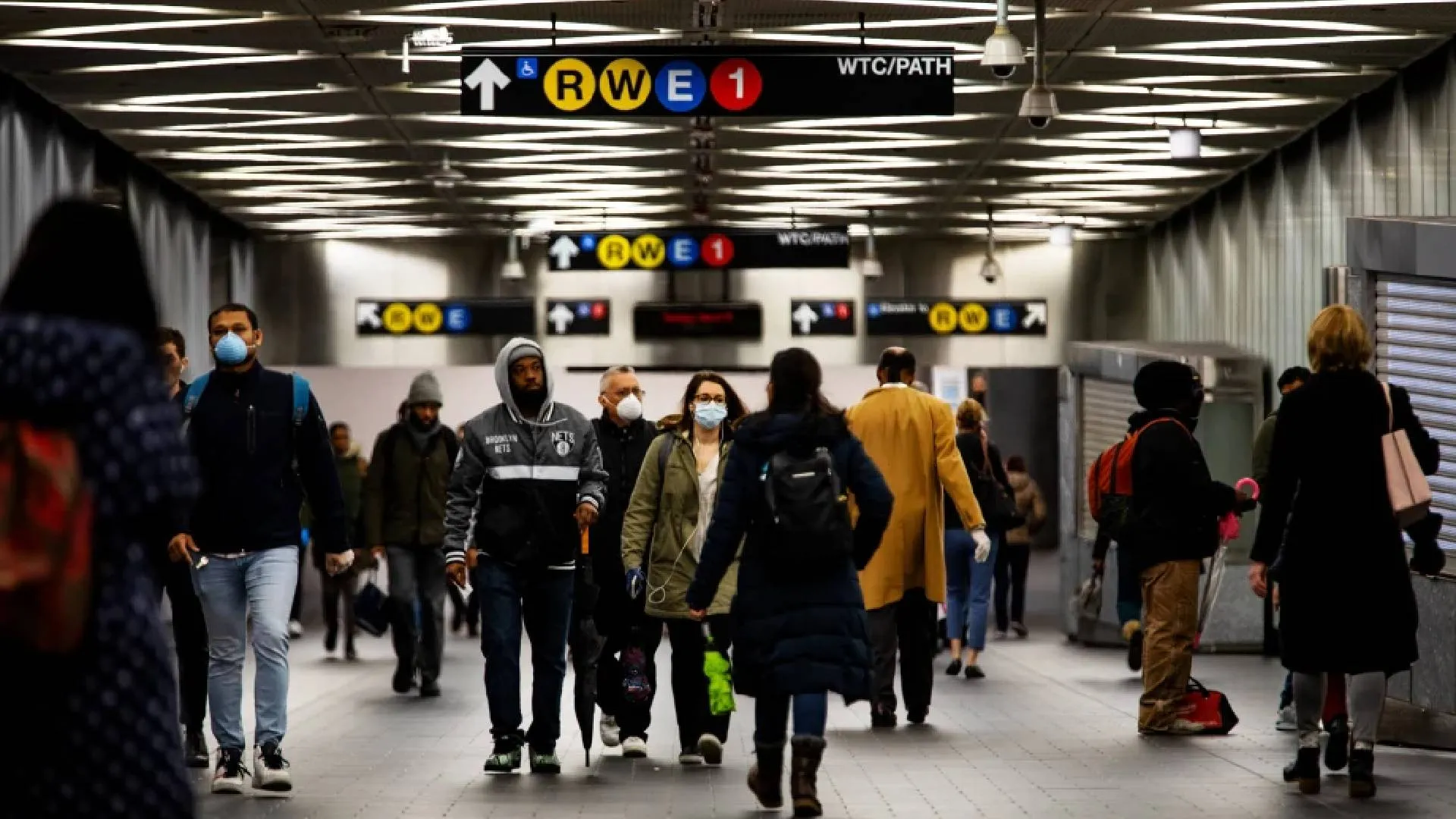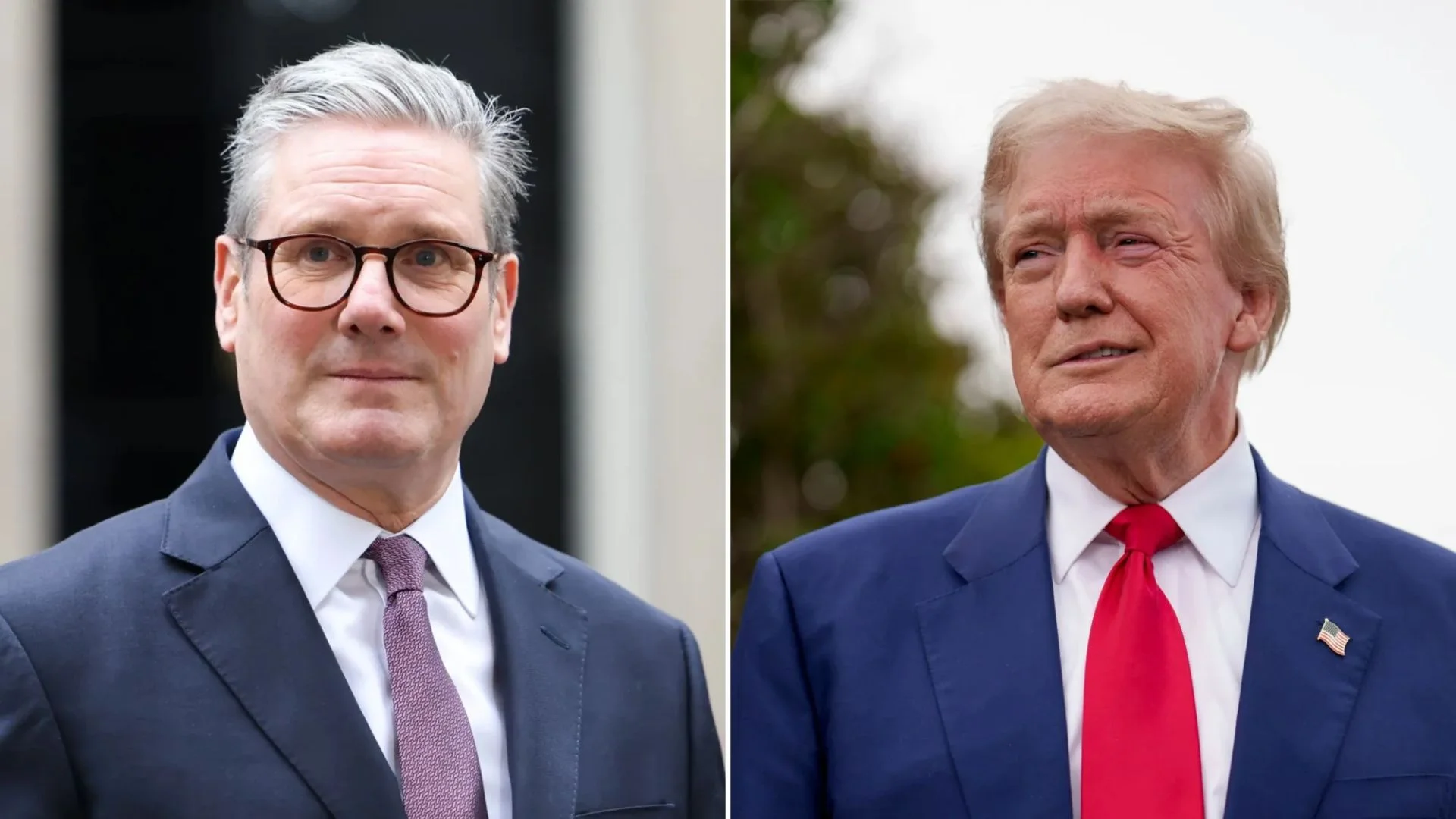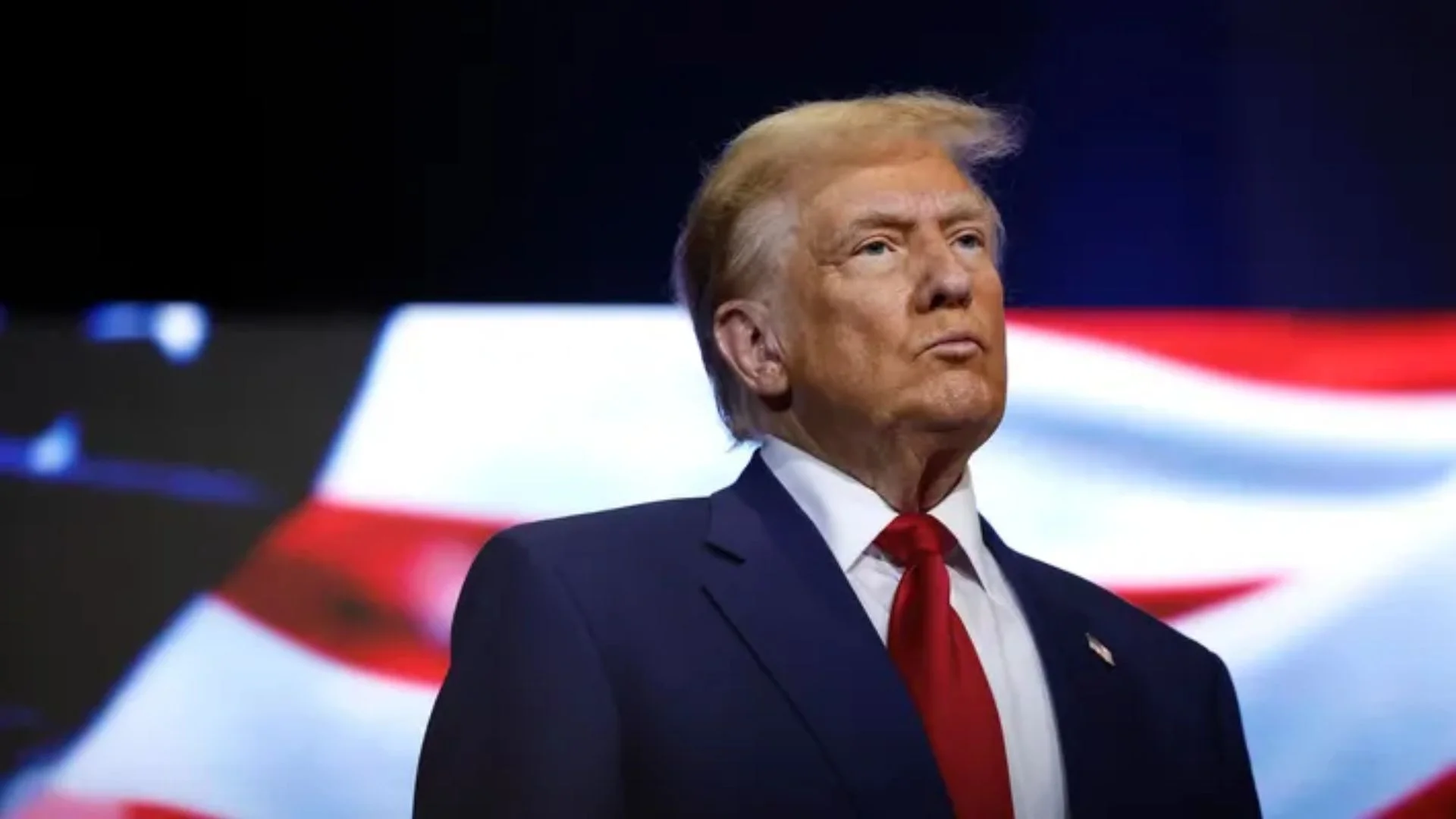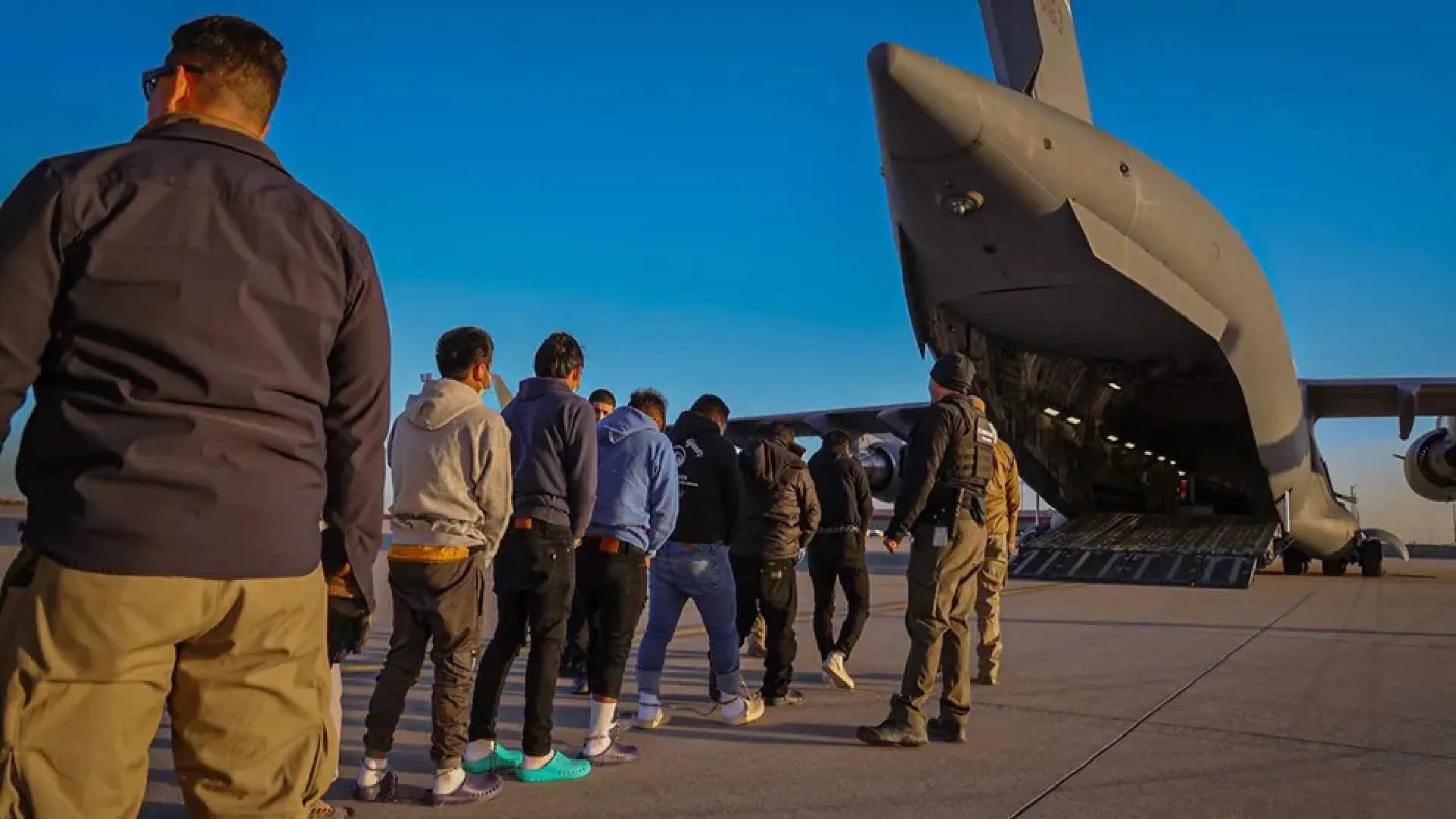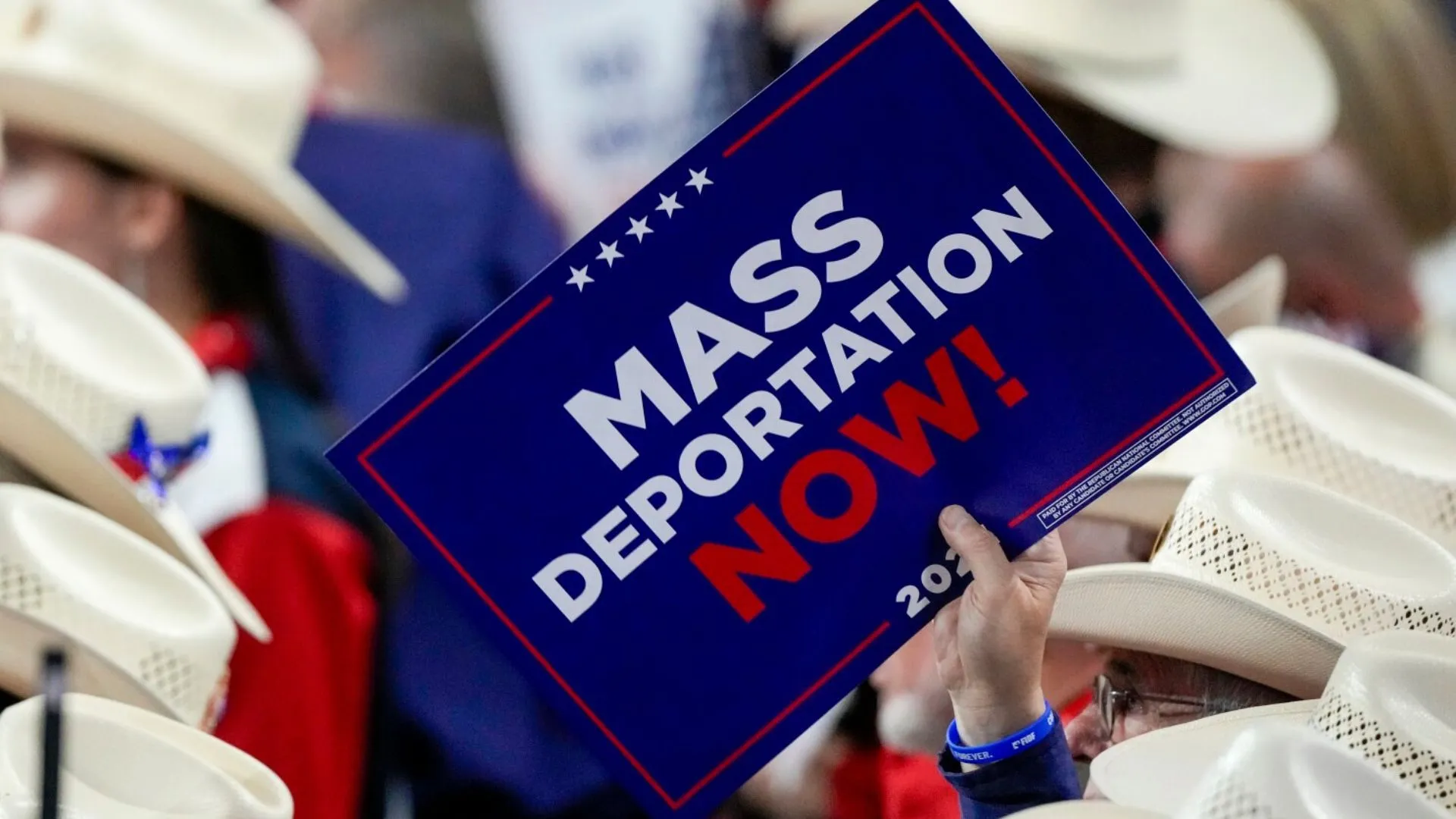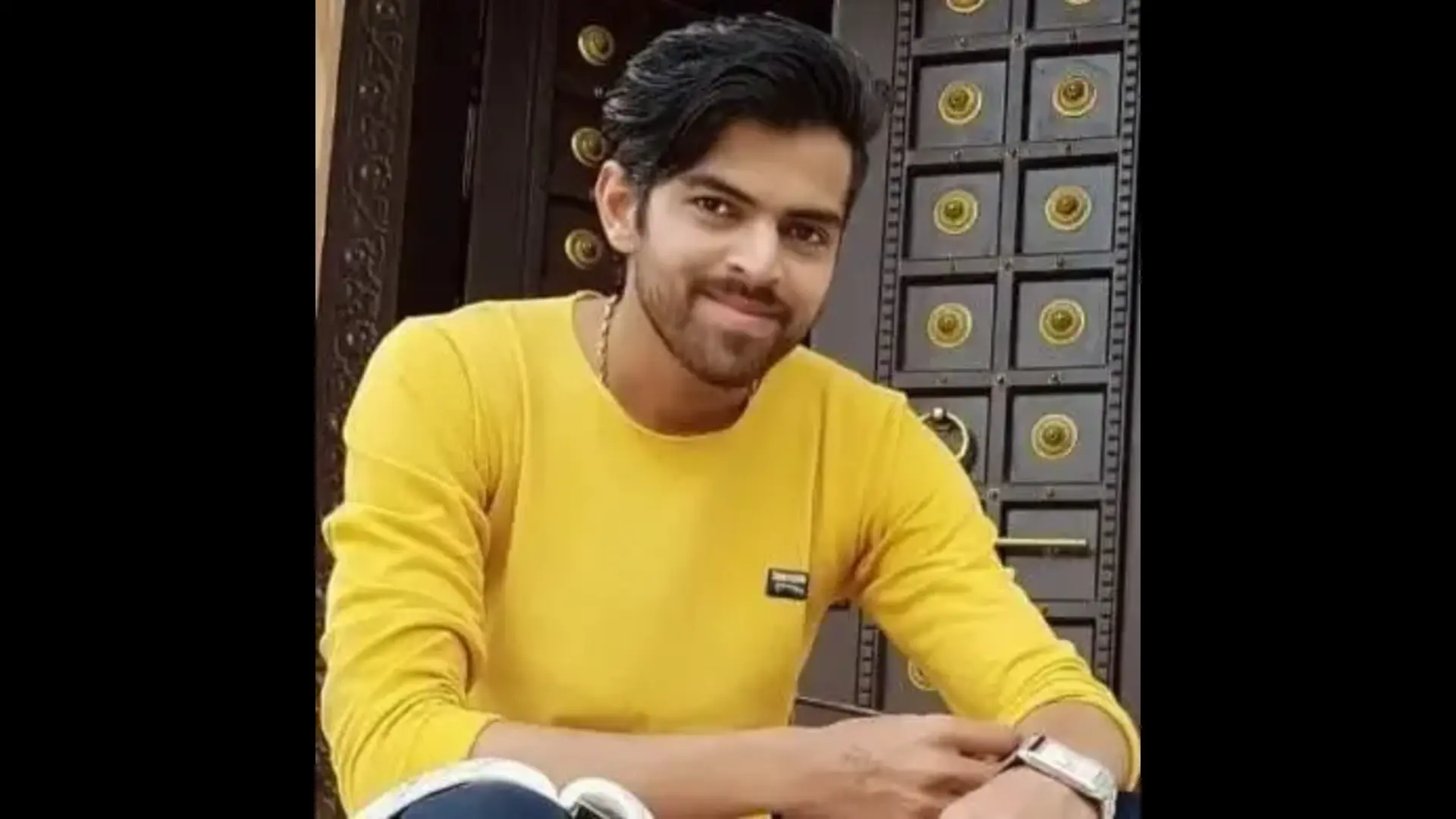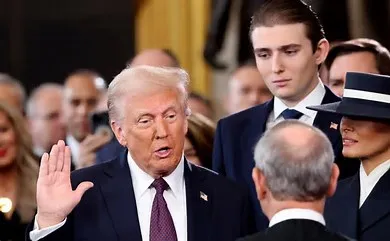South Korea is in the grip of a political crisis after President Yoon Suk Yeol declared martial law, marking the country’s most significant threat to democracy since the 1980s. The international community, including the United States, United Nations, and Russia, has expressed deep concern over the unfolding events.
US Expresses Alarm Over Lack of Notification
The United States, one of South Korea’s closest allies, revealed it was not forewarned about President Yoon’s decision.
- White House Statement: The National Security Council expressed serious concern, emphasizing the unexpected nature of the announcement.
- State Department Stance: Vedant Patel, spokesperson for the State Department, highlighted the importance of respecting South Korea’s parliamentary vote, which rejected the martial law decree.
UN and Russia Monitor Developments
The United Nations has stated it is closely monitoring the situation, describing it as evolving rapidly. Antonio Guterres’ spokesperson, Stephane Dujarric, noted the upheaval with concern. Similarly, Russia’s Kremlin echoed worries, with Dmitry Peskov calling the situation alarming.
Parliament Rejects Martial Law Amid Protests
Under South Korean law, martial law must be rescinded if rejected by the National Assembly. Following a swift parliamentary vote against it:
- Military Intervention: Helmeted troops attempted to storm the National Assembly, only to be repelled by aides using fire extinguishers.
- Protests Erupt: Demonstrators gathered outside parliament, chanting slogans like “Withdraw emergency martial law” and “Arrest Yoon Suk Yeol.”
Yoon Defends Martial Law Declaration
In a televised address, President Yoon framed his decision as a measure to protect the constitutional order, accusing opposition parties of undermining the parliamentary process.
- Focus on Opposition: Yoon labeled his political adversaries as “pro-North Korean anti-state forces,” bypassing any reference to North Korea as a direct threat.
- Criticism: Opposition leaders condemned the move as a “coup d’état,” with the Democratic Party calling it unconstitutional and criminal.
Military Control Under Martial Law
Despite the parliamentary rejection, South Korean military officials announced that martial law remains in effect until rescinded by the president.
- Restrictions Imposed: Political activities and media freedoms have been curbed, with strict control by the martial law command.

